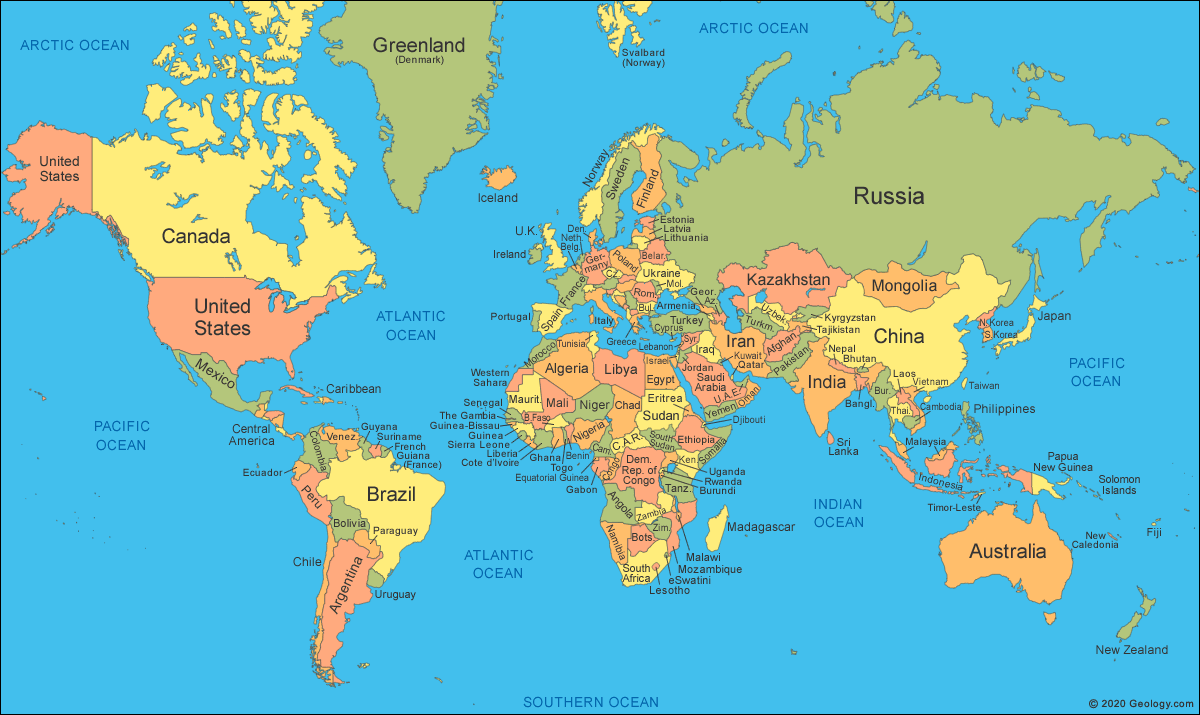Much to my surprise, I came across George Orwell's epiphany on capital punishment. I was reading his essay, A Hanging, where he was describing a prisoner walking to the gallows. The setting is a prison camp in India. Orwell is an English policeman. At this time in history, India is a colony of England. This story really isn't much of a political treatise, but rather an opinion on capital punishment.
The condemned man doesn't resist. I noticed how human, Orwell depicts him. He never calls him inmate, convict, criminal, in fact we don't know what capital crime he committed to deserve the ultimate punishment. He is named a man, or a Hindu. He had a dog who loved him very much because the dog goes crazy when he sees him. But it isn't that fact, that brings about Orwell's epiphany. (But Orwell knows the reader will start to see a human being.) Orwell describes the event.
It was about forty yards to the gallows. I watched the bare brown back of the prisoner marching in front of me. He walked clumsily with his bound arms, but quite steadily, with that bobbing gait of the Indian who never straightens his knees. At each step his muscles slid neatly into place, the lock of hair on his scalp danced up and down, his feet printed themselves on the wet gravel. And once, in spite of the men who gripped him by each shoulder, he stepped lightly aside to avoid a puddle on the path.
It is curious; but until that moment I had never realized what it means to destroy a healthy, conscious man. When I saw the prisoner step aside to avoid the puddle I saw the mystery, the unspeakable wrongness, of cutting a life short when it is in full tide. This man was not dying, he was alive just as we are alive....
And Orwell goes on the describe the humanness of the man. I can easily imagine what Orwell would say about abortion. I watched the embryo. The tiny heart that rhythmically pulsed a beat to a miraculous dance of eyes and limbs leading to a crescendo of a real human being. It is curious; but until that moment I had never realized what it means to destroy a healthy, potential human person. When I saw the baby move away from the instrument of death, I saw the unspeakable wrongness, of cutting a life short when it has just begun. This human being is not a tissue blob, he is alive just as we are alive...
Yes, it is unspeakable wrongness. Who do we think we are to decide birth, death--life?
The condemned man doesn't resist. I noticed how human, Orwell depicts him. He never calls him inmate, convict, criminal, in fact we don't know what capital crime he committed to deserve the ultimate punishment. He is named a man, or a Hindu. He had a dog who loved him very much because the dog goes crazy when he sees him. But it isn't that fact, that brings about Orwell's epiphany. (But Orwell knows the reader will start to see a human being.) Orwell describes the event.
It was about forty yards to the gallows. I watched the bare brown back of the prisoner marching in front of me. He walked clumsily with his bound arms, but quite steadily, with that bobbing gait of the Indian who never straightens his knees. At each step his muscles slid neatly into place, the lock of hair on his scalp danced up and down, his feet printed themselves on the wet gravel. And once, in spite of the men who gripped him by each shoulder, he stepped lightly aside to avoid a puddle on the path.
It is curious; but until that moment I had never realized what it means to destroy a healthy, conscious man. When I saw the prisoner step aside to avoid the puddle I saw the mystery, the unspeakable wrongness, of cutting a life short when it is in full tide. This man was not dying, he was alive just as we are alive....
And Orwell goes on the describe the humanness of the man. I can easily imagine what Orwell would say about abortion. I watched the embryo. The tiny heart that rhythmically pulsed a beat to a miraculous dance of eyes and limbs leading to a crescendo of a real human being. It is curious; but until that moment I had never realized what it means to destroy a healthy, potential human person. When I saw the baby move away from the instrument of death, I saw the unspeakable wrongness, of cutting a life short when it has just begun. This human being is not a tissue blob, he is alive just as we are alive...
Yes, it is unspeakable wrongness. Who do we think we are to decide birth, death--life?



No comments:
Post a Comment